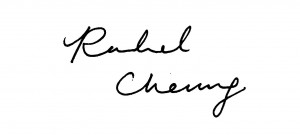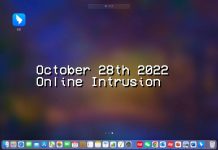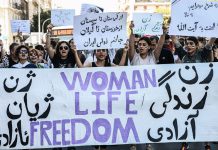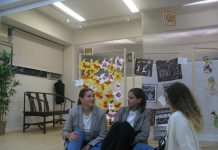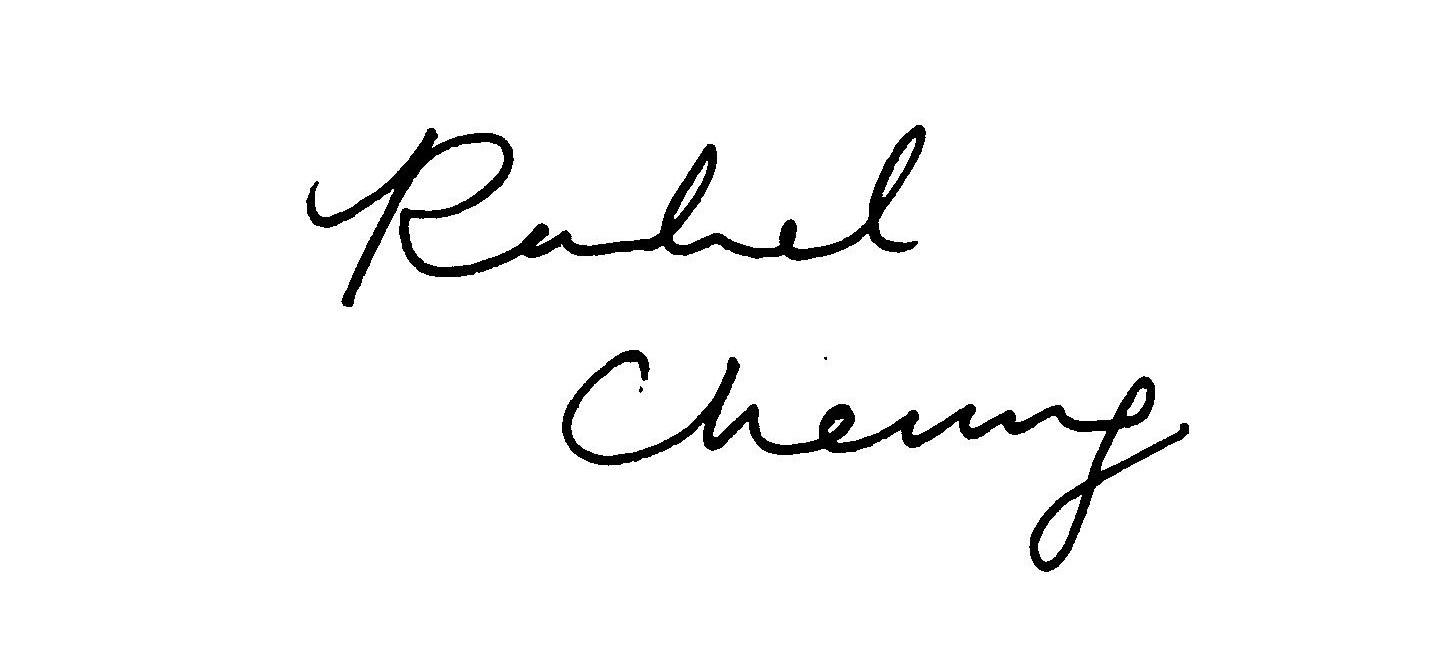Just before the autumn term began, the National People’s Congress Standing Committee (NPCSC) announced its framework for the Chief Executive election in 2017. The plan was perhaps even more restrictive than had been expected and crushed the hopes of many Hong Kong people who hope to elect their own leader by universal suffrage.
But instead of killing off the fight for democracy, it triggered off a struggle that is still ongoing as I write.
The Occupy Central movement became the talk of the town, opening a new page in an age of civil disobedience and non-cooperation.
In late September, thousands of university students went on strike to oppose the NPCSC framework. On the last day of the week-long class boycott, some students broke into Civic Square triggering an early start to the long-threatened Occupy Central sit-in.
The movement rapidly developed and grew into Occupy Hong Kong as tens of thousands of protesters flooded the streets of Admiralty and mass sit-ins sprang up in Mong Kok and Causeway Bay. The campaign has lasted longer than could have been foreseen.
We are all filled with questions without answers. But in this issue, we would like to look at one that has been occupying the minds of all protesters: what’s next?
What will happen to Hong Kong after the protesters leave the streets? Nobody knows for sure but it is the question we had in mind, when we talked to young protesters, an organiser, scholars and the president of the Legislative Council about Hong Kong’s future.
We also look at our neighbours, Taiwan and Macau, which, like Hong Kong, are Chinese societies living in mainland China’s shadow. Taiwan suffered a bloody suppression before a democratic system was instituted. Does Hong Kong have to go down the same path? What lessons can we learn from Taiwan’s struggle for democracy and what do people in Taiwan think when they look at what is happening in Hong Kong now?
Also a Special Administrative Region, Macau seems to have a less developed civil society than Hong Kong. Its press is less free-wheeling, its legislature less democratic. Does Hong Kong set an example for Macau to follow? Or will Hong Kong one day become more like Macau is now?
Producing this November issue has been difficult for Varsity editors and reporters alike. Not just because of how complicated the issues involved are and how rapidly the situation is developing, but also because Hong Kong is our home and we care about it.
We have done what we can to present to you this compilation of stories and hope that they can provide some insight into the democratic movement as well as the future of Hong Kong.
Rachel Cheung
Editor in Chief
